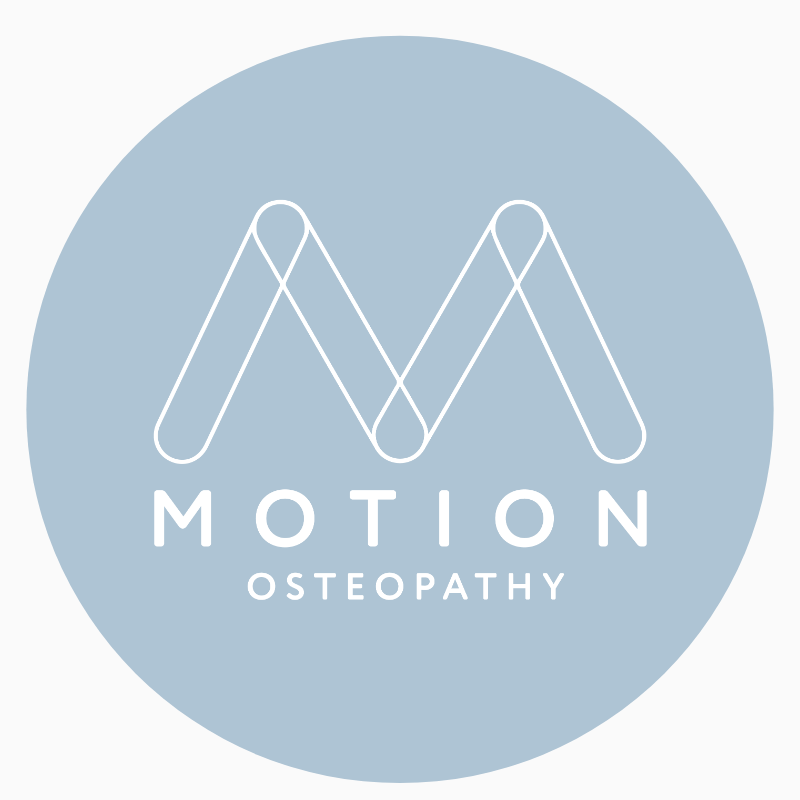Everything you need to know about Magnesium Oil
Magnesium has long been revered for its healing benefits, but the use of magnesium oil is a relatively new concept that is fast gaining momentum.
Magnesium - we hear a lot about this popular mineral, often as a supplement to assist physical recovery, sometimes as a soothing bath aid. Maybe you’ve heard of it as a treatment for cramps or headaches – there are myriad ways magnesium can be used.
Commonly regarded as a physical support, magnesium is most known for assisting our bones and muscles. What is less known is the important role this mineral plays in supporting both energy production and psychological functions. In fact, magnesium is essential for more than 300 of the body’s chemical reactions.
What is Magnesium used for?
The “benefits list” for magnesium is a long one but, overall, magnesium’s key purpose is to keep inflammatory markers in the body low. It is helpful in regulating blood pressure and heart rhythm, as well as keeping bones strong.
Key benefits of magnesium:
Improving bone density
Reducing risk of cardiovascular disease
Helping treat diabetes
Helping relieve migraines, insomnia, and depression
Regulating blood pressure
Reducing muscle cramping and tension
Easing inflammation
Supporting healthy pregnancy and lactation
How to Supplement Magnesium in the Body
With magnesium deficiency among the most common of all deficiencies, it’s easy to understand why it is one of the most popular supplements on the market. Eating foods rich in magnesium is an easy and effective way to ensure an adequate supply of this essential mineral – think leafy greens, fatty fish, avocados, nuts and dark chocolate.
Magnesium rich foods
Leafy greens such as spinach and kale
Seeds such as pumpkin, flax, and chia
Greek yoghurt
Nuts, such as almonds, cashews and Brazil nuts
Legumes, such as lentils, beans, chickpeas, peas and soybeans.
Tofu
Avocado
Figs
Bananas
Dark chocolate
Fatty fish, such as salmon and mackerel
Whole grains
When more support is needed, taking the mineral as an oral supplement can be a fast, convenient way for many people to get the magnesium they need. For some, oral supplements aren’t enough with up to 50 per cent of the mineral lost in the digestive process - it can be difficult to get the balance right.
Transdermal Magnesium Therapy – or the application of magnesium oil - is becoming a popular alternative to oral supplementation. Application of the solution onto the skin is thought to allow more of the mineral to be delivered directly to the tissues and cells that need it most, making it a fast and effective treatment.
Despite its name, magnesium oil is not an oil at all. Instead, it is a water-based mineral-saturated solution – usually consisting of simply water and magnesium flakes - that dries quickly, without leaving a greasy residue.
Benefits of Transdermal Magnesium Massage
With such a wide range of therapeutic uses, transdermal magnesium massage is an increasingly popular treatment that many osteopaths provide. Among its benefits are enhanced tissue recovery, pain reduction, improved tendon and ligament flexibility, inflammation breakdown and easing of muscle cramps and spasms.
Magnesium oil also calms the nervous system and promotes relaxation of muscles. Other positive effects of magnesium oil application include improved sleep, increased energy levels and reduced skin conditions, such as eczema and psoriasis. And, because the body self-regulates and absorbs as much or as little magnesium oil as it needs, it is relatively easy to achieve the adequate amount of magnesium required.
Why does Magnesium oil cause a tingling sensation?
Magnesium oil is highly concentrated and can result in an itching or tingling sensation when applied to the skin. It may also irritate or sting any cut, scratch or open wound. It’s best to test how your skin reacts by applying a small amount to the back of your hand. Dilute magnesium oil with coconut oil or a similar oil to subdue the tingly feeling, without diminishing the benefits.
Magnesium may interact negatively with some medications, so it’s important to discuss this with your practitioner prior to any treatment.
Is Magnesium Oil Safe During Pregnancy?
Unlike bath salts, magnesium oil is safe and even highly beneficial to use during pregnancy. In addition to soothing pregnancy-related aches and pains, magnesium oil can help to relieve the effects of morning sickness. It’s also useful in maintaining healthy bones, as well as building and repairing tissue, during pregnancy and can assist in keeping blood sugar levels low.
Is There a Difference Between Magnesium Salts and Epsom Salts?
Both Epsom salt and magnesium salt are a form of magnesium but there is a difference. Epsom salt, or magnesium sulfate, has a different molecular structure to magnesium salt.
Magnesium salt, or magnesium chloride, is found in all magnesium supplements and it is more easily absorbed into the body than Epsom salt, making the effects more intense.
For more information on the benefits of transdermal magnesium massage and how our Osteopaths can help, call the friendly Motion Osteopathy team on 07 4051 4909.
